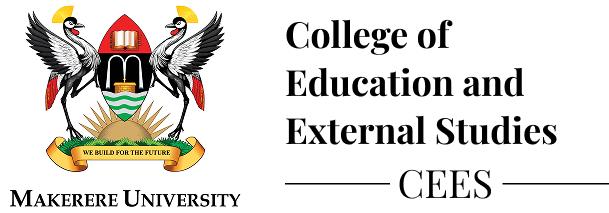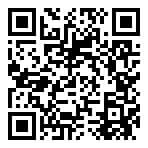Title: Relationship Between Project-Based Learning and Learners’ Nutrition Knowledge in Secondary Schools in Central Uganda
Abstract:
In Uganda, the Nutrition and Food Technology (NFT) subject is taught to teach learners about healthy eating and lifestyle choices through active teaching methodologies such as project-based learning (PBL). This study aimed to improve nutrition knowledge among secondary school students in Uganda using PBL. The study encompassed a situational analysis and an intervention phase. The situational analysis revealed that the majority of projects in the NFT syllabus were only on food processing with none on topics that link nutrition to health. It further revealed that PBL was used as an additional practice for material taught initially by other means (Mean = 2.72; SD = 0.58), with limited writing of proposals (Mean = 1.47; SD = 0.85). The intervention phase showed that compared to the control group, PBL implemented following the PBLWorks model increases the nutrition knowledge of learners indicated by a significant increase in the diversity of foods on their meal plans (Mean difference = 1.16; U(115) = 954, p = < .001), the frequency of planned consumption of vitamin A-rich foods (Mean difference = 1.3; t(115) = 3.41, p = < .001), planned consumption of Haem iron-rich foods (Mean difference = 1.6; t(115) = 3.24, p = 0.002), NCD protect scores (Mean difference = 1.65; t(115) = 3.15, p = .000), and food consumption scores (Mean difference = 18.7; t(115) = 7.42, p = < .001). Findings show that to increase nutrition knowledge significantly, learners need to design and plan projects (p ˂0.001), build a culture of managing projects (p ˂0.001), and get scaffolded through the project (p ˂0.001). In design and plan, the most key ingredients of the PBLWorks model that enhance nutrition knowledge include allowing learners to choose their groups, writing project proposals, proposals being critiqued by professionals other than their teachers among others. Under building a culture of managing projects, the key ingredients such as presence of norms and rules, involvement of learners in formulating and monitoring these norms, allowing learners to make mistakes are important. Finally, under scaffolding student learning use of prior knowledge and reducing support as the project progresses are useful. The study therefore, revealed that adaption of the PBLWorks model can contribute to improved nutrition knowledge of secondary school learners. So, the adapted PBLWorks model should be utilized in nutrition education of secondary school learners in Uganda. However, the study was limited to Kampala, so further research across the country is recommended. In addition, further studies on assessment of projects for learning are recommended.
Name and Registration No.: KANSIIME EDWARD 2019/HD04/31070U
Supervisors: Dr. Josephine Esaete & Dr. Gaston Ampe Tumuhimbise



